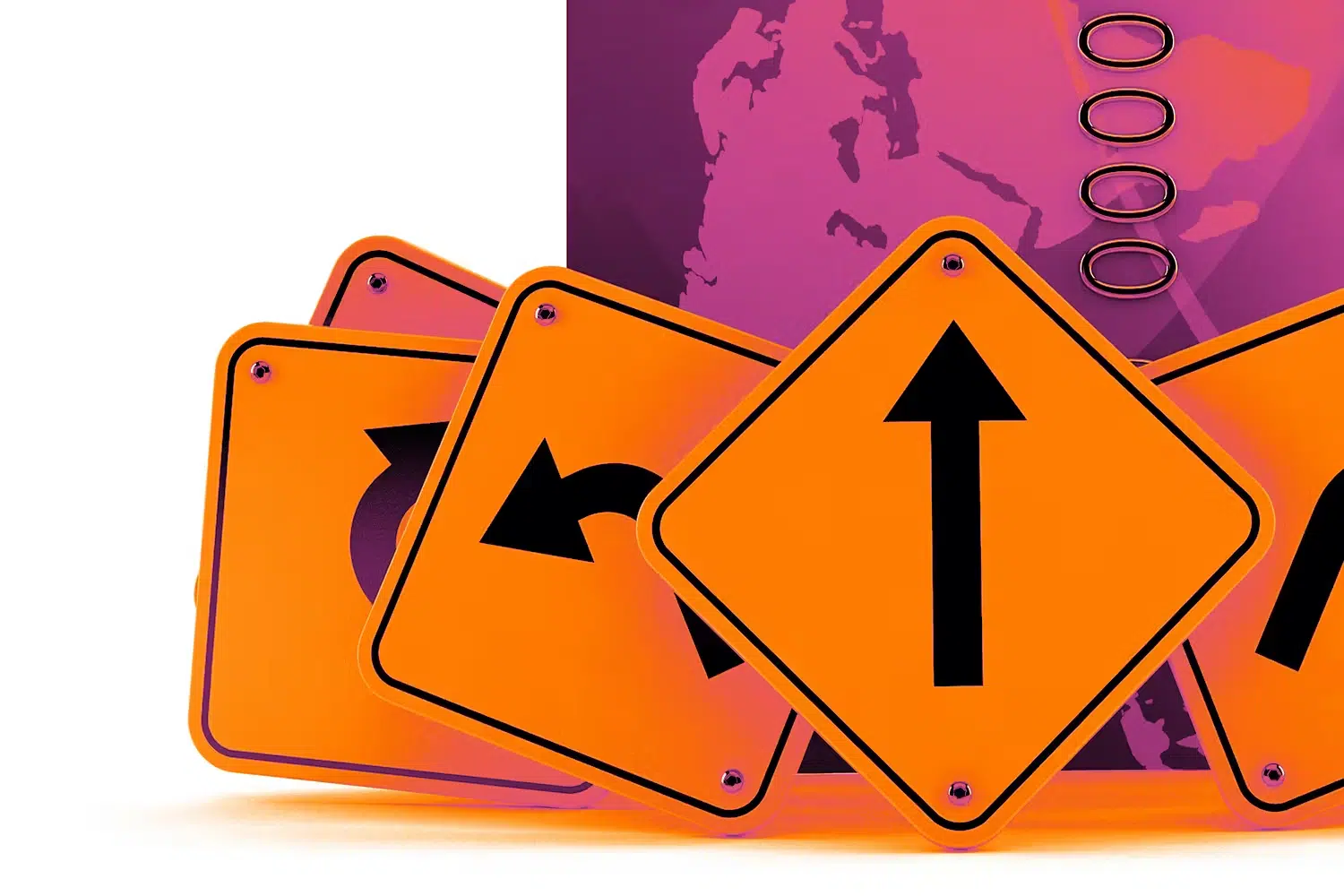
Credit Card Advice: Making Them Work for You

Given the convenience of credit cards, it’s no wonder that many people take the credit cards stashed in their wallets and pocketbooks for granted. When used right, this powerful piece of plastic has several unique benefits that cash and debit accounts simply can’t offer.
5 Ways to Make Your Credit Card Work for You
The secret to unlocking your credit card’s potential is all about how you use it. Between its credit-building abilities and rewards system, there are several ways that you can make a credit card work for you.
1. Build your credit.
Your credit score may not be something you think about often. But if you ever want to buy a house or car or finance a larger purchase, you may wish you gave it a little more thought.
A credit card can be a great tool for building your credit score if there’s some room for improvement. By opening a credit card and consistently paying your bill each month, you can improve your payment history— one of the biggest scoring factors.
To make your credit card bill paying easy, set up automatic payments each month. This way, you’ll never worry about a late or missed payment.
2. Take advantage of rewards.
Many credit cards these days offer some type of rewards program just for paying with credit. Rewards typically come in the form of cashback, travel miles, or points, which can be used to redeem things like gift cards.
Make sure you choose a card that has rewards that you would use most. For instance, if you’re a frequent traveler, a card that offers airline miles may be a good choice.
3. Keep your cash safe at home.
Credit cards are one of the safest ways to pay. Beyond getting fraudulent transactions refunded or disputing charges from vendors, a credit card can protect your bank account. By using a credit card instead of a debit card, you can prevent someone from accessing the real cash in your bank account.
4. Track your spending.
Compared to using cash, credit cards make it a breeze to track your spending.
Your monthly statements allow you to see how and when you spend your money, which is helpful for formulating and sticking to a budget.
Additionally, most, if not all, credit card companies today have apps that allow you to see your account balance in real-time, giving you a pulse on your budget whenever you need.
5. Use other perks that your card offers.
Many credit card companies come with other perks beyond their rewards like travel insurance, car rental insurance, and extended product warranties. Be sure to read the fine print of your card’s offerings for details.
Credit Card Dos and Don’ts
There are many great advantages to using a credit card— but they can also quickly get you in financial trouble if you don’t use them responsibly. Here are a few credit card dos and don’ts to remember.
Do: Know the fees associated with your credit card.
From annual fees to foreign transaction fees, credit cards can be loaded with extra charges. Before choosing a credit card, read the fine print and research the fees that the company charges.
If you already have a credit card, make sure you know exactly what fees your credit card charges and plan accordingly before using your card overseas or for online purchases processed by foreign countries.
Do: Take advantage of your rewards and perks.
We spoke of the rewards that may come with your credit card. However, you may not automatically receive all your points or cashback, or they may expire if you don’t use them within a certain period of time.
Sometimes your credit card will require you to take action to redeem your rewards. For instance, some cards may require you to select the category you want cashback for every month. Other cards may only give you two years to cash in on rewards like airline miles.
Do: Pay your bill off in full every month.
Many credit card users fall into the trap of only paying the minimum amount each month on their credit card. While paying only a fraction of your whole balance may be tempting, you end up paying much, much more in the long run due to interest. By paying off your full balance each month, you only pay what you borrow.
Do: Report fraudulent charges or suspicious activity immediately.
If you lose your credit card or notice charges on your account that you don’t make, report it to your credit card company immediately so they can put a freeze on your account.
Don’t: Pay your bill late.
The best way to avoid a late payment is to set up automatic payments. If you can’t set up autopay, the next best thing is to keep track of your statement’s closing date. If you’re paying your balance off in full every month, noting the closing date may also help you manage your finances. If you’ve already used the card quite a bit this month, you might delay that next purchase until the statement date has passed.
Don’t: Max out your credit lines.
Your credit utilization ratio is a significant factor in calculating your credit score. This number compares the balances you carry on your revolving credit lines to your credit limits. Having a high credit utilization ratio can indicate irresponsible use of credit, which causes your credit score to take a hit.
Experts recommend keeping your balance under 30% of your credit limit each month.
Don’t: Give your card number out unless you are sure of who you are giving it to.
Unless you have initiated the phone call, do not give your credit card number over the phone. Be cautious when using your credit card and keep it in a safe place to avoid having your credit card number and personal information stolen.
Start by Researching the Right Card
The first step to making any credit card work for you is to choose the right one. Not every card is the same in terms of fees, rewards, limits, interest rates, and more. The best way to find the best credit card for you is to do research online to compare and find one that fits your spending habits and financial goals.
Want to Stay Ahead of Your Interest?
Enjoy an introductory low interest rate period with a Visa® Platinum Card from Amplify Credit Union.


